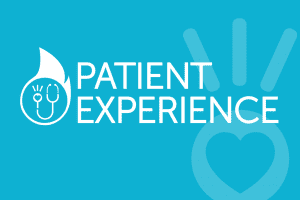According to a story from BioBuzz, the innovation of a platform for the delivery of gene therapies could help trigger a golden age of development for this new class of treatments, which are primarily aimed to address genetic disorders. This platform, from REGENXBIO, called the Nav Technology Platform, allows gene therapies to pass freely through the blood-brain barrier. This allows for the delivery of gene therapies to the brain using AAV vectors with minimal side effects.
A Glimpse of the Future
Crossing the blood-brain barrier is an essential step for any therapy that is designed to address disease of a neurological nature. The fact that the baby boomer generation is now beginning to age significantly means that demands for treatments like this could experience a rapid uptick in the not-so-distant future. The Nav Technology Platform has already played a critical role in the development of one of the most recent gene therapies to hit the market: Zolgensma. Avexis licensed the technology in order to develop this drug, which functions as a near-cure for spinal muscular atrophy, a rare genetic disorder that is fatal without treatment.
It isn’t unrealistic to think that other biotechnology companies will attempt to follow in the footsteps of Zolgensma and develop their own breakthrough gene therapies. In fact, there are multiple companies which appear to be well positioned to make progress in the field of neurological disorders and gene therapy.
REGENXBIO, as the developer of the platform, currently stands to benefit greatly in this arena as there are 16 therapies in development that are utilizing its technology. Some of the diseases that these therapies could treat include various forms of Sanfilippo syndrome, the type II and type III forms of spinal muscular atrophy, ceroid lipofuscinosis neuronal 1 (CLN1), and a certain variant of Parkinson’s disease.
The company Neuronascent is also well positioned with an experimental treatment for Alzheimer’s disease currently in the early developmental stages. This is a disease with high unmet clinical need.
AgeneBio is also developing a therapy for treating the symptoms of Alzheimer’s disease. Its therapy AGB101 is currently in phase III and also has the potential to be of use in other indications, such as schizophrenia and autism.
It is becoming increasingly clear the biotechs are beginning to shift their focus towards neurological disorders, and now that the technology is in place, it could only be a matter of time before we see major progress in this field of medicine.






